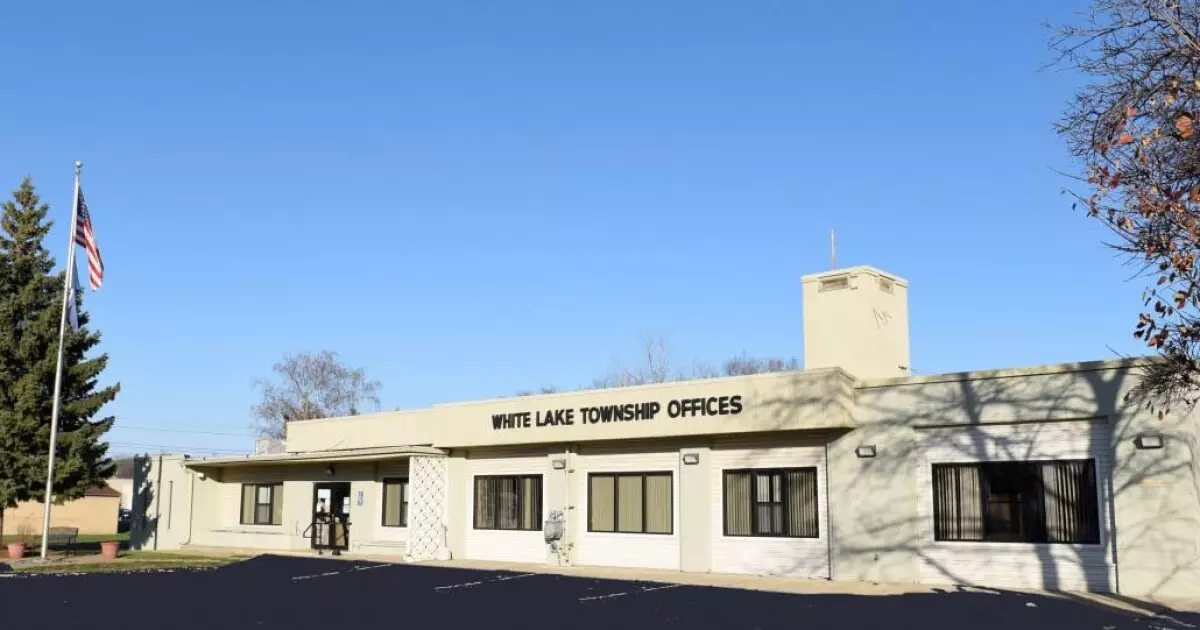In the age of digitalization, municipalities have increasingly found themselves vulnerable to cyber threats, with White Lake Township in Michigan serving as a recent example of these unsettling challenges. A cybersecurity breach led to the cancellation of a $29 million bond sale slated for essential civic infrastructure, showcasing both the risks local governments face in financial transactions and the proactive measures needed to ensure future security. The township is now poised to not only confront this setback but to leverage it for future growth through innovative financing strategies aimed at bolstering community services.
In November, residents and officials of White Lake Township were informed of a severe cyberattack that compromised the township’s bond issuance process. According to a material event notice, a “third-party criminal actor” secured illicit access to an official’s email account and manipulated the financial transaction that was intended to fund crucial community projects. This culminated in fraudulent wiring instructions, resulting in a staggering loss, which led to the township ultimately not receiving the bond proceeds.
The fallout from this incident was swift. As confirmed by White Lake Township Police Chief Daniel Keller, no bonds were issued, therefore leaving substantial gaps in financing vital infrastructure advancements. Even when a portion of the funds were partially recovered thanks to Robert W. Baird efforts, the implications of the hack prominently highlighted existing vulnerabilities within municipal financial processes.
Despite the disruptions caused by the cyberattack, White Lake Township is already innovating its approach to ensure the successful issuance of $29 million in limited tax general obligation bonds, this time through a negotiated sale with established financial advisors and lead managers. By engaging reputable firms such as Stifel and JPMorgan, the township aims to cover expenses related to construction services for new civic projects, specifically a public safety headquarters and civic building.
The abandonment of the competitive sale method in favor of negotiation reflects a new strategy geared towards minimizing risks while enhancing oversight, a move ultimately prompted by the hacking incident. This revised plan signals a commitment to transparency and due diligence, setting a precedent for how municipalities might operate in light of increasing digital threats.
As the bond issuance progresses, one cannot overlook the critical conversation regarding cybersecurity that the hack has instigated within White Lake Township and beyond. Finance professionals are grappling with the pressing need to implement improved practices and protocols in their operations. Organizations such as Fitch Ratings have emphasized the evolving nature of these threats, urging all public finance entities to act swiftly to fortify their digital defenses.
This incident not only sheds light on the sophisticated methodologies used by cybercriminals but also serves as a wake-up call for entities within the public finance sector. As cybersecurity measures are being strengthened, White Lake Township serves as a living case study, advocating for an industry-wide reevaluation of processes to ensure such a breach does not recur.
Despite recent setbacks, White Lake Township has garnered an AA-plus credit rating from S&P Global, indicating a strong financial position backed by a commitment to responsible budgeting practices. Although the hack strained cash flow for construction projects and posed potential legal liabilities concerning unpaid funds, the township has shown resilience in its approach to continue operating effectively. The confirmation that the township has a cyber insurance policy mitigates some of the fears surrounding financial impacts, allowing for a semblance of recovery and stability.
S&P Global has recognized that the township’s management has adopted proactive measures, enhancing cybersecurity practices in response to exposure from the hack. This illustrates an awareness of vulnerability in digital interactions while fostering an ability to recover and adapt in a changing financial landscape.
As White Lake Township embarks on this new phase amidst turbulence, the road ahead is indicative of a larger movement within public finance. By embracing change and fortifying their cybersecurity practices, local governments can pave the way for financial resilience that not only caters to current needs but anticipates future threats. The efforts being made by White Lake Township exemplify a community determined to learn from its experiences, ensuring that cybersecurity and fiscal responsibility become integral to municipal governance. This ongoing journey will undoubtedly serve as a reference point for other municipalities navigating the intricate landscape of modern public finance.

